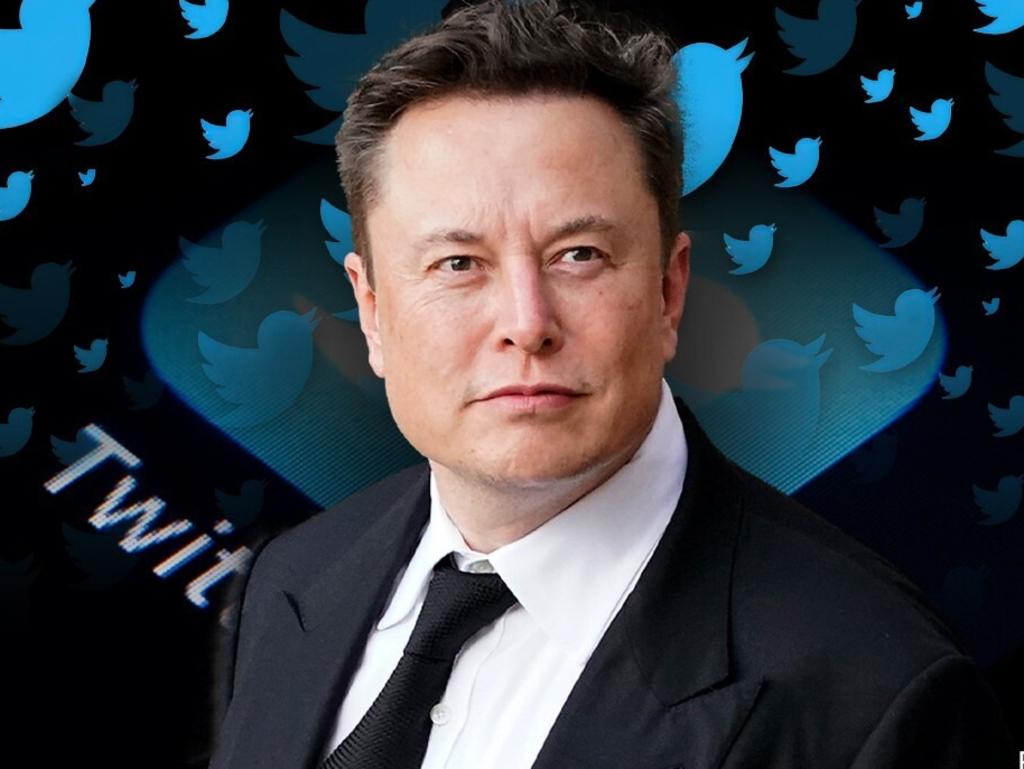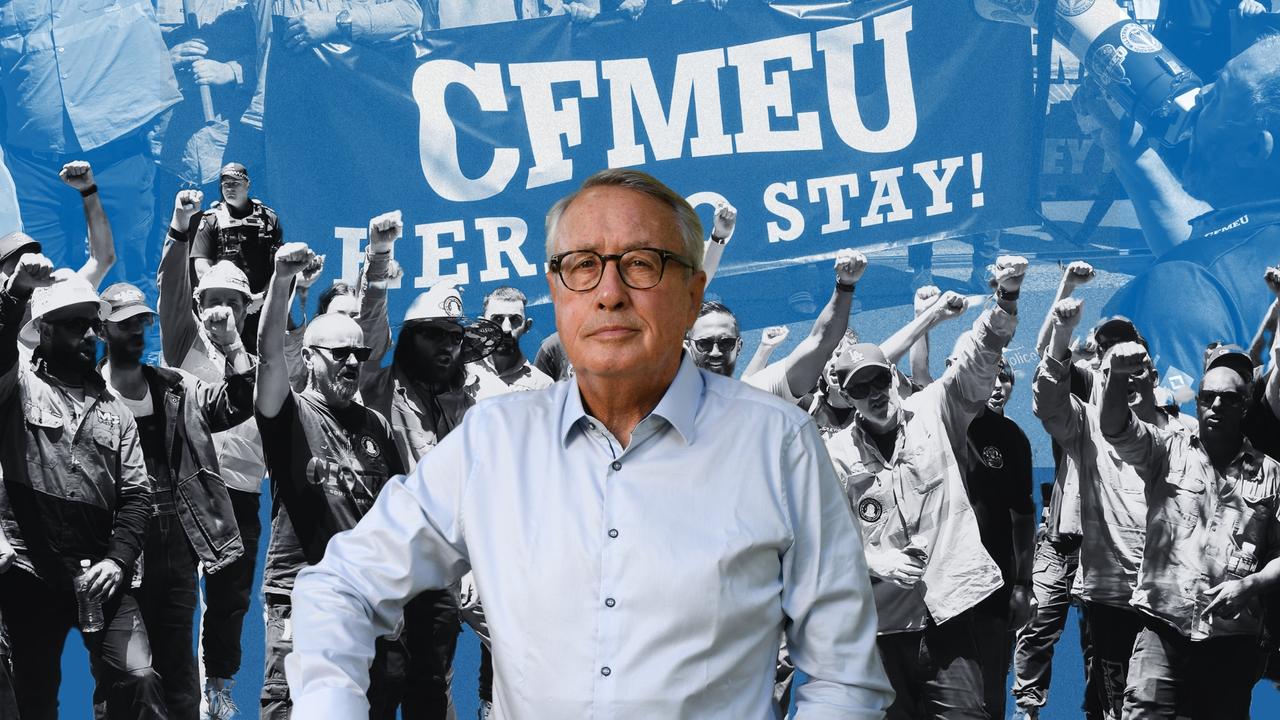Elon Musk, Wall Street and China changing the world of capitalism: Robert Gottliebsen


The combination of Elon Musk’s $US44bn ($61.29bn) take over of Twitter, the violent gyrations on Wall Street and the turmoil in China illustrates the dramatic set of transformational forces that are altering the shape of world capitalism.
Whether it be in the US, the UK or Australia shareholders in listed companies are accepting massive cash bids for their stock. Most of the bids come from private equity giants who mobilise capital from institutions who now believe their long term interests are best served with less exposure to the hurly-burly of listed markets.
In Australia, the Ramsay medical empire is set to acquired by private equity. Earlier, the industry superannuation funds acquired the Sydney Airport and removed it from listing. Those two deals illustrate a world wide trend towards the delisting of major enterprises as private equity and direct institutional investment gathers pace. And now that trend is being accelerated by the world‘s richest individual taking Twitter off the public lists.
The ability of Musk and the private equity giants to make huge bids for listed stocks has been facilitated by the willingness of major banks to undertake long term loans to enable them to acquire the assets. In the process it is increasing the leverage in the world capital system albeit hidden behind the veil of private equity and family finances.
We are now moving into an era of much higher interest rates which means that the performance hurdle rates that private equity investments must jump will be raised.
But the private equity groups have assembled teams of brilliant executives whom they reward on a scale not possible in listed companies. At least in Australia we are putting listed company executives through publicly disclosed remuneration trials from which they often emerge looking greedy.
The same institutions who vote against pay rises for listed executives are happy to allow their private equity investments to reward performing executives on a different scale.
Guess where the talent is going? This is a real threat to the performance of listed companies.
And so while in Western countries we are seeing behind closed doors the emergence of pure capitalism with less supervision, high leverage and high rewards, in China capitalism moving the other way. Increasingly, the state is taking a bigger role in the way enterprises are managed.
And that process is being accelerated because China is introducing Covid restrictions on a scale never attempted in the West. While the Covid clamps are part of the increased state business supervision, they also reflect the fact that Chinese vaccines have not matched the West and China has not been prepared to ask the US for help. Pride is at stake.
Around a quarter of China’s population or some 350 million people are under partial or total lockdown. The lockdowns have left the 25 million people in China’s biggest city, Shanghai, residing in a ghost town. Factories, shops and restaurants across China are suspending their operations and farming has been impacted.
The Covid shut downs follow other measures China has taken to curb the activities of major high technology companies and the new rules in the property industry. Most are designed to limit the creation and public display of large fortunes.
Gradually, markets taking more seriously the global impact of this major slowdown in the world‘s second largest economy.
And so when Wall Street opened this week many investors sold down shares as they chased the “safety” of long term bonds. Their bond buying pushed yields back from recent highs, paradoxically on the eve of what is expected to be a set of sharp rises in interest rates from the Federal Reserve.
The combination of the China slowdown, the Ukraine war and higher interest rates sent US share markets plummeting in the opening hours of this week’s trading. But then came the Elon Musk takeover and excitement that such a sudden avalanche of cash inevitably generates.
In Australia, the increase in industry fund investment in non listed securities led by property but now boosted by increased exposure to private equity and infrastructure investment like Sydney Airport, creates a special danger.
Each day superannuation units are being cashed in by retirees and purchased by those accumulating superannuation assets. If these non listed assets are valued substantially under their real worth in industry fund portfolios then those receiving cash payments are being fleeced.
Conversely, if there is a big fall in market values which is not reflected in the book values of the non listed investments then those buying into the funds are paying too much. This is a manageable problem if there are only small differences between market and book values but if there is a major boom or slump it greatly increases the potential inequity.
Of course, superannuation fund managers like unlisted securities because they lessen the dramatic changes in monthly and quarterly performances.
Sadly, the recent superannuation changes did not require clear valuations for all major non listed investments.





